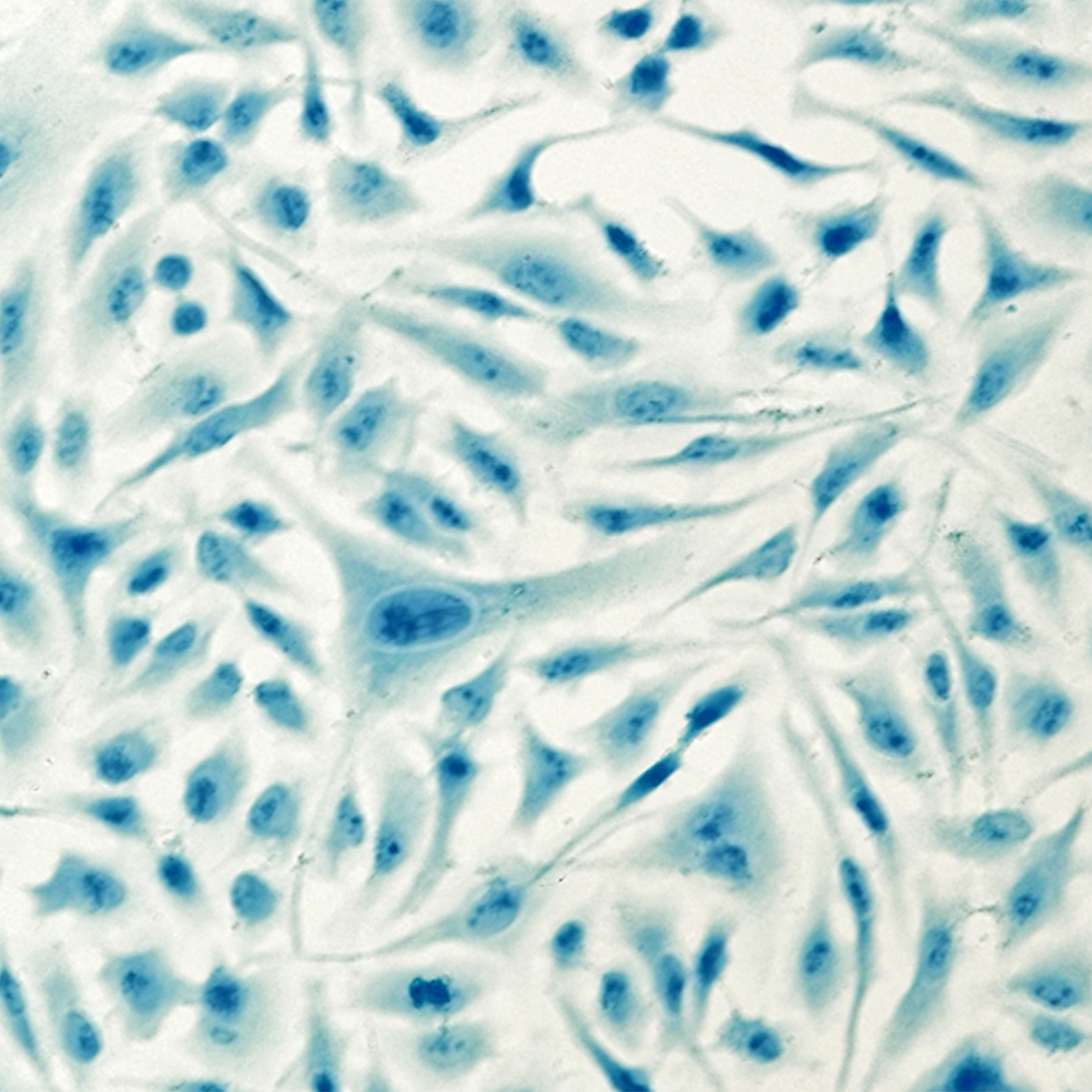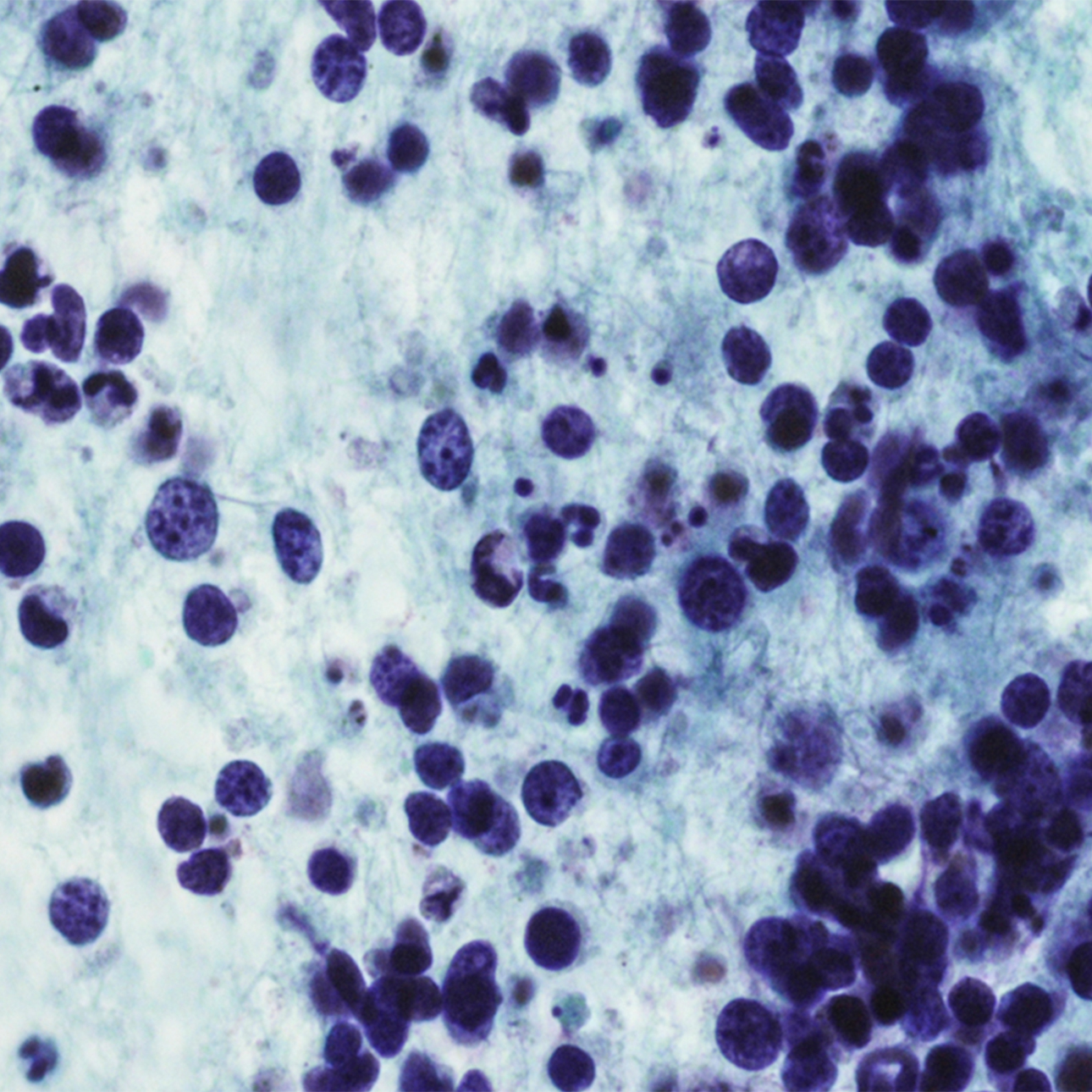
Surgery
Surgery is the mainstay of treatment for salivary gland cancers. The extent of surgery depends upon tumor type, size and location. A neck dissection is performed for removal of neck lymph nodes if they harbor tumor spread.Radiation Therapy
Radiation therapy, also called radiotherapy, is the use of high-energy rays to damage cancer cells and stop them from growing. Like surgery, radiation therapy is local therapy. It affects only the cells in the treated area. The energy may come from a large machine, or external radiation.
Patients with large tumors may need both surgery and radiation therapy. Radiation therapy is given after surgery for advanced or aggressive tumors.
Chemotherapy
Chemotherapy is the use of drugs to kill cancer cells. Researchers are looking for effective drugs or drug combinations to treat salivary gland cancer. They are also exploring ways to combine chemotherapy with other forms of cancer treatment to help destroy the tumor and prevent the disease from spreading.
Chemotherapy is given at the time of radiation therapy in select tumors, usually in the setting of a therapeutic clinical trial. Chemotherapy is sometimes recommended if the cancer has spread to other locations in the body.
UCSF Health medical specialists have reviewed this information. It is for educational purposes only and is not intended to replace the advice of your doctor or other health care provider. We encourage you to discuss any questions or concerns you may have with your provider.
Treatments we specialize in
-

Brachytherapy (HDR & LDR)
Radioactive material is placed inside a tumor or very close to it to treat the tumor and spare healthy tissue.
Learn more -

Intensity-modulated radiation therapy (IMRT)
The advanced technique focuses strong radiation on the tumor and spares surrounding healthy tissue.
Learn more


















